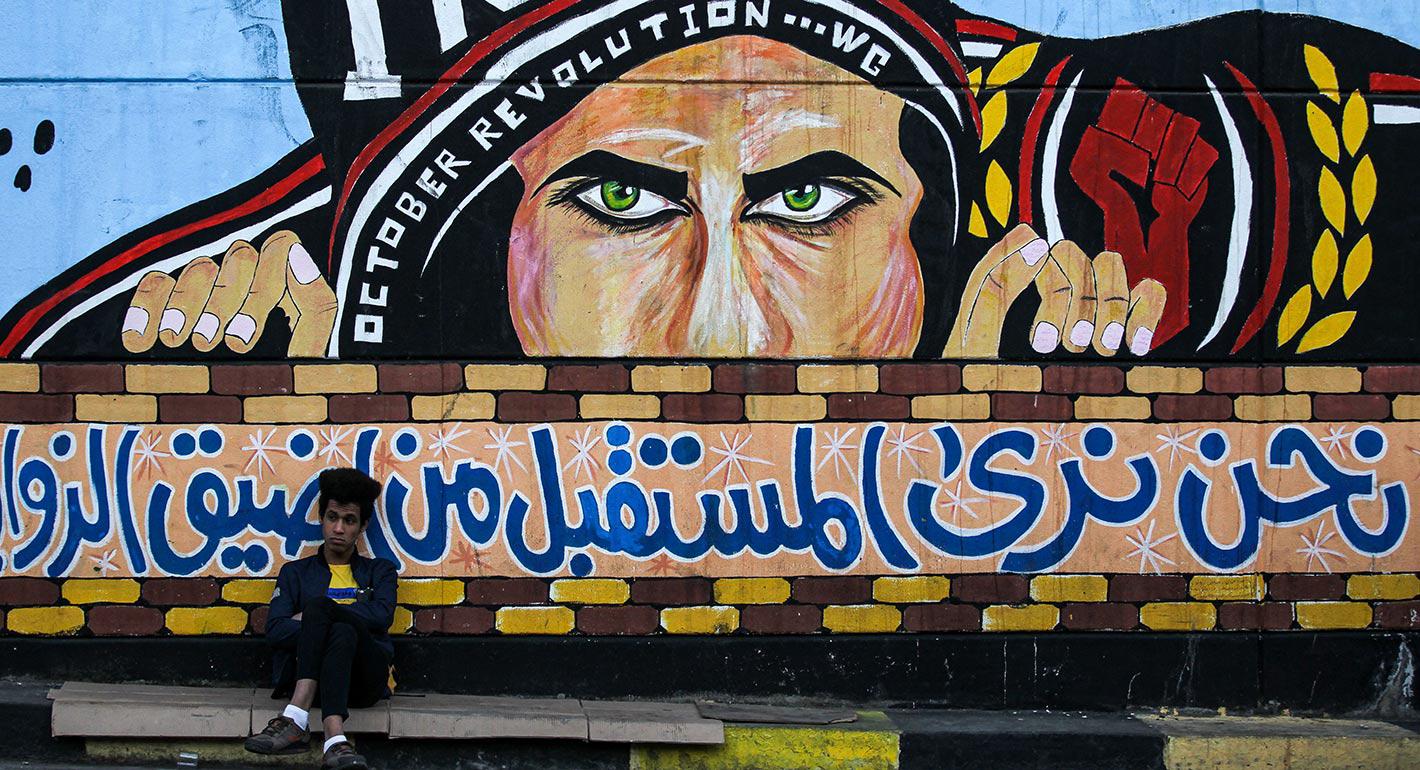Iraq’s fragility and compounding problems are nothing new. The country witnessed three devastating wars within three long decades in addition to international sanctions, sectarian war, and foreign influence. By the time Saddam Hussein’s statues were toppled, Iraq found itself in a devastating situation, in which bets were being made that Iraq would splinter into several countries based on sectarian and ethnic lines. Although Iraq defied these expectations, it remains a fragile state edging towards failure.
However, Moqtada al-Sadr, a Shia cleric that won 73 out of 325 seats in the recent election, promises big changes. The young cleric wants to break away from the political tradition of forming a national unity government after each election where all parties representing Iraq’s sects, ethnicities, and religions share the spoils. This type of political arrangement is one of the main causes for corruption and social division. Instead, al-Sadr wants to form a majority government that can begin implementing desperately needed reforms – beginning with controlling the unruly militias and fighting corruption. He also aims to curb foreign influence from countries like Iran and make sure Iraq remains neutral regarding divisive regional issues. But will he succeed?
Al-Sadr will face many challenges in his efforts to brighten Iraq’s future. Even if al-Sadr is able to form a majority government, further change will be an uphill battle because reformation in Iraq is a formidable task that requires tremendous effort. Furthermore, some aspects of reform might take decades.
The first obstacle that al-Sadr will face is the durability of his government. Any plan that aims to set the country on the right track must be strategic in outlook and involve the consent of most political players. In Iraq, political alliances are highly fluid, consensus on policy is rare, and a consolidated network of businessmen, militias, and politicians that benefit from corruption will fiercely resist reform; that is if al-Sadr can even devise an appropriate reform plan. Militias have already expressed their dissatisfaction with the election results and attempts at forming a majority government, and have already attacked the speaker of the parliament’s house. While al-Sadr won the plurality of votes, forming and maintaining a majority with other political parties is tenuous at best.
Another obstacle to al-Sadr’s majority government is a ruling from the Iraqi supreme court stating that a two-third majority quorum is required to elect a president. Despite mediation attempts, al-Sadr is unable to muster the required votes because the two main presidential candidates are from two different parties that refuse to budge on their stance, causing political deadlock. Additionally, Iran is unlikely to cede influence over its eastern neighbour. Tehran sent General Ismael Qaani, the head of the Quds of Force, to ensure the participation of its proxies in the government, which further decreases the likelihood of al-Sadr forming a majority government.
The colossal public sector that al-Sadr will inherit is another major roadblock. The government, with its decades of populist policies, has consistently created jobs in the public sector, bloating the bureaucracy beyond acceptable numbers. The Iraqi government accounts for 40 percent of all jobs, a very large share of employment by comparison with other countries. This strategy is highly unsustainable since more and more young Iraqis are entering the labour market. Iraq has one of the youngest populations in the world with 60 percent of its citizens below the age of 25. However, youth unemployment is currently more than 25 percent. Youth unemployment is exacerbated by the fact that there are more people entering the job market than there are jobs being created. A catalyst for this high unemployment rate is Iraq’s reliance on oil. More than 90 percent of the government’s revenue comes from oil, which means that a massive economic shift is required to shore up the private sector so that there are more job opportunities for young people. However, luring international companies into investing in Iraq requires stability and skilled labour – both of which are lacking in the country.
The lack of skilled labor can be contributed to the education system not preparing students well enough to compete for jobs on a global scale. Education has been on a downward trajectory for decades. The country never regained its edge in education after the Gulf War in 1991 and conditions deteriorated even further after the U.S. invasion in 2003. There are nearly 3.2 million Iraqi children not in school and half of the schools are damaged and need remodelling.
Many of these schools operate on double shifts and the number of qualified teachers has decreased alarmingly. This does not come as a surprise as the budget for education has decreased steadily over the years and Iraq is in the bottom of Middle Eastern countries in terms of investing in education. Without proper education, children become vulnerable to exploitation by armed groups, criminal networks, child labour, and child marriage.
Despite some positive aspects of the 2021 election, such as the winning of independent voices in several Iraqi provinces and the loss of traditional political parties with armed wings, the path to reforming Iraq remains rugged. The current crisis in Iraq has been decades in the making and requires not only a long-term plan, but also assiduous efforts that encompass a deep understanding of the intricate and multivariate problems facing Iraq. It is doubtful that al-Sadr can convince his political adversaries of the urgency of reforms. Unfortunately, for the time being, Iraq will continue in its descending path because it lacks responsible political elite who are willing to set aside their differences in favor of public interest.
Massasb Al-Aloosy has a PhD from the Fletcher School at Tufts University, his research focuses on Iraq, Iran, and Shia armed groups. He is also the author of The Changing Ideology of Hezbollah. Follow him on Twitter: @malaloosy.






